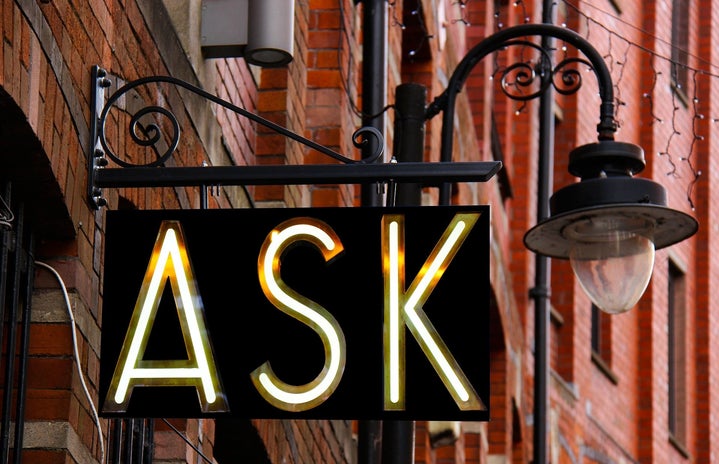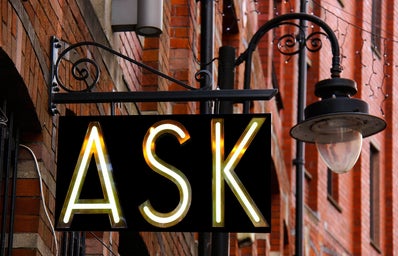Let’s be real. Who in college actually gets eight hours of sleep like we’re supposed to? Nobody, right? We’re busy people with schoolwork, jobs and social lives. With all of these obligations and responsibilities, it’s no wonder many of us pull all-nighters to keep up. But does pulling all-nighters hurt us more than it help us?
According to the National Heart, Lung and Blood Institute, adults need at least seven hours of sleep a night. If they don’t meet that quota, the hours lost are called “sleep debt,” which is difficult to make up for. When you don’t get enough sleep, it can affect your mood, performance and overall health.
Mood swings galore.
When we don’t get enough sleep, we get very irritable, but according to the American Academy of Sleep Medicine, we also have a lack of motivation, increased anxiety and symptoms of depression. Not only will you be tired after pulling an all-nighter, you will not be a glowing ray of sunshine that people want to be around because of your mood swings.
Will you really do better on that assignment?
Your performance while being sleep deprived is greatly affected. The American Academy of Sleep Medicine stated that lack of sleep causes you to have a hard time concentrating and paying attention to things because you’re easily distracted and forgetful. Of course you’ll also be very tired, which results in poor decision-making and increased errors. I don’t think you want to take that risk with a big midterm or final assignment.
It’s not healthy!
According to the Associated Professional Sleep Societies, healthy adults that get fewer than six hours of sleep per night are four times more likely to suffer a stroke than other adults who get six hours of sleep or more. Long-term sleep deprivation can be linked to medical conditions like high blood pressure and heart attacks.
What now? All these facts aside, there aren’t enough hours in the day to get all of the stuff done that we need to. All of these risks and you still want to pull an all-nighter? If you absolutely need to, consider these helpful hints…
Store up on sleep.
Take a nap before your night of no sleep. This will help improve alertness over a longer period of time. If you’re going to take a nap, make sure it’s between 60 and 90 minutes. This period of time will help your brain the most and will allow you to recall more information.
Eat meat (or any other protein).
According to Dr. Nathan Shier, an Indiana University Bloomington professor of Nutrition Science, eating as many protein-rich foods as you can while pulling your all-nighter helps with staying awake. High-carb foods release high levels of serotonin, a chemical in the brain which allows brain cells and nerves to function properly, but too much serotonin can make you lethargic. Instead, consuming high-protein foods helps increase your metabolism and give you enough energy for your all-nighter.
Caffeine is a must.
Caffeine is a great tool to help you stay awake, even though some methods, like energy drinks, aren’t the healthiest. The key to making the caffeine as effective as possible is not having it leading up to your all-nighter. Wait until you need it most. This will allow the caffeine to have more of an affect on your body.
Rest and recover.
You made it! You finished! Now sleep. You have to reboot your system after it runs all night for it to be working the rest of the day. The key is to get back on schedule. Don’t crash right when you get home from your day. This will mess up your already messed up sleep schedule. Instead, take naps here and there to help you get back to your normal sleep routine.
The best way to recover from all-nighters is to avoid them at all costs. It’s okay to pull them every once in awhile, but don’t make a habit out of it. They may seem like a good idea when you’re swamped with homework, but they could actually do more harm than good.
Article Sources:
http://www.collegebound.net/content/article/how-to-conquer-those-dreaded-all-nighters/19370/
http://www.nhlbi.nih.gov/health/health-topics/topics/sdd/howmuch
http://lifehacker.com/how-long-to-nap-for-the-biggest-brain-benefits-1251546669
http://lifehacker.com/how-to-pull-an-effective-all-nighter-1569813126

